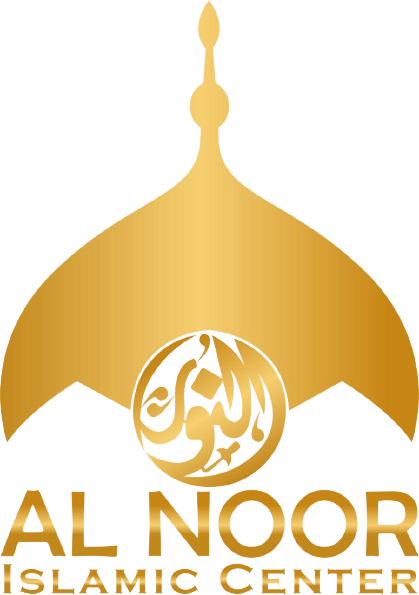
Table of Contents
Eid ul Adha: A Time for Reflection and Quranic Recitation
Eid ul Adha, also known as the Festival of Sacrifice, is a significant occasion in the Islamic calendar. As Muslims around the world gather to commemorate Prophet Ibrahim’s willingness to sacrifice his son, Ismail, as an act of obedience to Allah, this sacred festival serves as a time for reflection, gratitude, and deep spiritual connection. One beautiful way to enhance the Eid ul Adha experience is through Quranic recitation, allowing individuals to immerse themselves in the words of Allah and find solace and guidance.
The Power of Quranic Recitation
Quranic recitation holds a special place in Islam, as it is a means to connect with Allah and seek His blessings. The rhythmic recitation of the Quran’s verses has a profound impact on the hearts and souls of believers, bringing tranquility and peace. The beauty of the Quran lies not only in its content but also in the melodious recitation that touches the core of one’s being.
Importance of Quranic Recitation during Eid ul Adha
Eid ul Adha is an opportune time to engage in the recitation of the Quran. As families and communities come together to celebrate, taking moments of solitude to recite the Quran can provide a deeper understanding of the essence and lessons of sacrifice, obedience, and submission to Allah’s will. The recitation of specific Surahs and verses related to sacrifice, such as Surah Al-Kauthar and Surah Al-An’am, further strengthens the spiritual connection with the significance of Eid ul Adha.
Preparing for Quranic Recitation
Before embarking on Quranic recitation during Eid ul Adha, it is essential to prepare oneself both spiritually and mentally. This involves purifying the intention, seeking forgiveness, and reflecting upon the meanings of the verses to be recited. Taking the time to understand the context and message of the chosen Surahs enhances the experience and allows for a more profound connection with the Quran.
The Transformative Power of Recitation
Engaging in Quranic recitation during Eid ul Adha can be a transformative experience. As one recites the verses, the words of Allah have the potential to inspire, guide, and offer solace. Reflecting upon the themes of sacrifice, gratitude, and obedience found in the Quran deepens one’s appreciation for the true spirit of Eid ul Adha. The recitation serves as a reminder of the lessons learned from Prophet Ibrahim’s unwavering faith and trust in Allah, instilling similar virtues within the hearts of believers.
Personal Reflections and Community Benefits
The recitation of the Quran during Eid ul Adha is not merely an individual practice but also an opportunity for communal connection. Families, friends, and neighbors can come together to recite the Quran collectively, creating a sense of unity and spiritual bonding. Sharing personal reflections and experiences related to the verses being recited further enriches the experience, fostering a supportive environment for growth and understanding.
